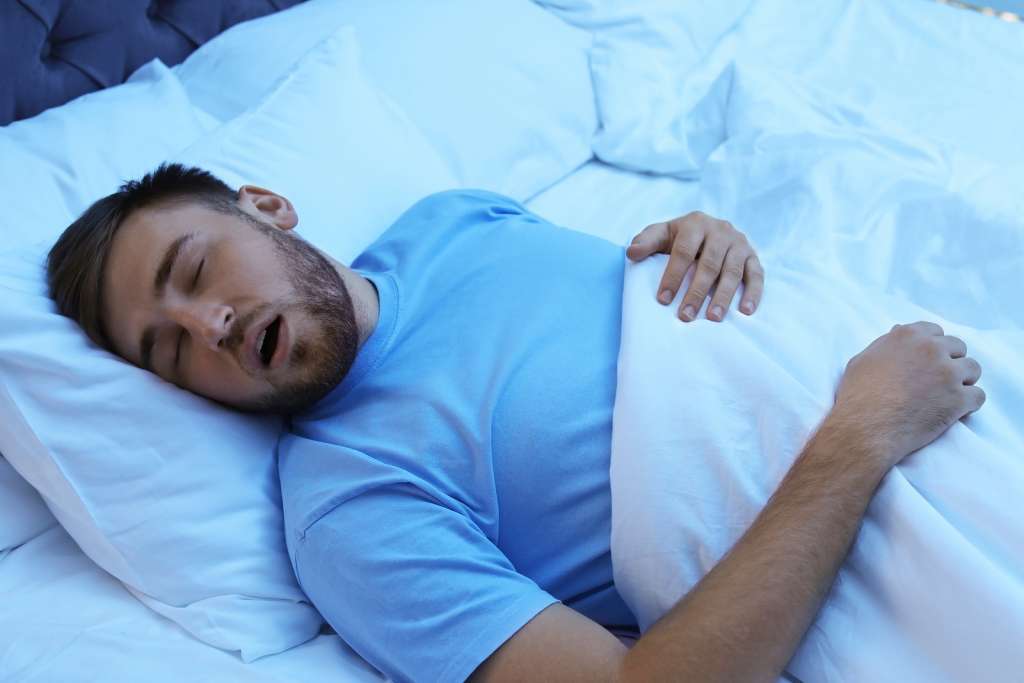 In a world where everyone is sleep-deprived due to their hectic lifestyles, someone with an excessive sleeping problem can be a rarity. Nonetheless, it doesn’t discredit the fact sleeping too much can cause one a lot of problems. The key to everything in life is balance and that includes sleeping as well. Sleeping too much or too little can cause a host of health issues for people. If you are someone who is oversleeping, then there could be an underlying health problem such as poor quality of sleep, depression and narcolepsy. Oversleeping shouldn’t be brushed off as a sign of laziness and must be checked out if it becomes a regular pattern.
In a world where everyone is sleep-deprived due to their hectic lifestyles, someone with an excessive sleeping problem can be a rarity. Nonetheless, it doesn’t discredit the fact sleeping too much can cause one a lot of problems. The key to everything in life is balance and that includes sleeping as well. Sleeping too much or too little can cause a host of health issues for people. If you are someone who is oversleeping, then there could be an underlying health problem such as poor quality of sleep, depression and narcolepsy. Oversleeping shouldn’t be brushed off as a sign of laziness and must be checked out if it becomes a regular pattern.
Hypersomnia
Welcome to other side of the sleep disorder coin: hypersomnia. This rare yet equally unhealthy sleeping disorder can be considered a counterpart to insomnia. If you are someone who is always complaining “I sleep too much,” then maybe you might be suffering from this condition. The following are some of the symptoms of hypersomnia:
- Sleeping more than 8-9 hours a day
- Difficulty in waking up in the morning
- Difficulty in getting out of the bed
- Feeling tired and groggy despite sleeping for so many hours
- Having problem concentrating
This however, should rule out other factors such as sleeping too much once in a blue moon, being jet lagged or oversleeping due to taking sleep-inducing medications during sickness.
Depression
Sleeping too much is also a sign of depression. It is when people are trying to escape from their reality by staying in bed for long hours.
How Much Sleep Is Too Much?
There is no fixed amount of sleep as the body’s requirements vary with factors like age, genetics and daily physical activities but the norm is 7-8 hours.
Is Sleeping Too Much Bad for You?
Sleeping too much can bring on other problems such as diabetes, obesity, headaches and make one a lethargic person. Aim to sleep for not more than 7-8 hours every night. If you still feel like sleeping, then it is best to get yourself checked by a doctor. The headaches brought on by excessive sleeping can result in moodiness and poor concentration. This, in turn, decreases a person’s productivity levels dramatically.
Causes of Oversleeping
Excessive sleeping can be due to other health problems such as epilepsy, Alzheimer’s, Parkinson’s and even multiple sclerosis. Some medications can interrupt your circadian rhythm which is the body’s natural sleep cycle and affect your quality and quantity of sleep as well.
Steps to Avoid Oversleeping
- Decrease alcohol intake especially before bedtime, as it can ruin the circadian rhythm.
- Set up alarms for waking up at the right time.
- Don’t drink anything at least 2-3 hours before bedtime to avoid waking up at night.
- Make meditation a habit; doing so can result in a more relaxed mind, thereby making one sleep better.
- Exercise and eat right.
- Don’t drink too much coffee just to stay up.
Maybe you sleep through your alarms? We help you stop the snoozing habit in this article. But, if you believe you have symptoms of hypersomnia, then get yourself checked as soon as possible for getting your sleep cycle back on track.


